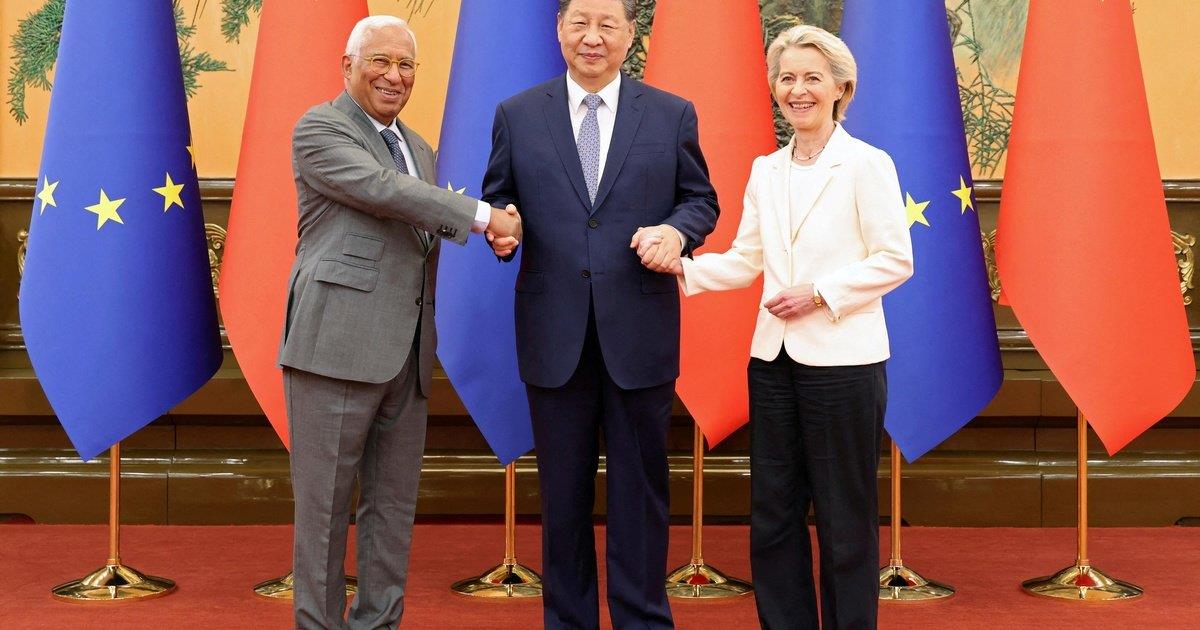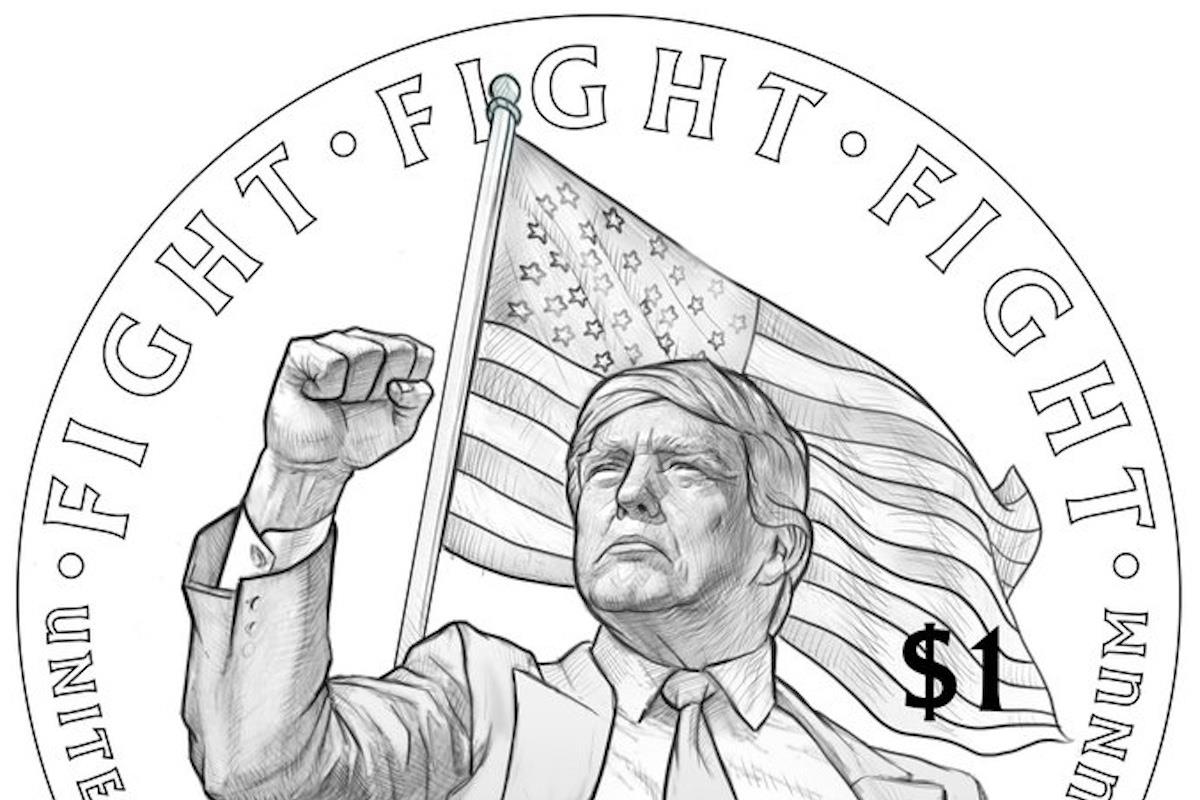
Midlife Crisis As EU Relationship With China Has Turned 50?
At a late July summit celebrating the anniversary, the EU asked China to stop supporting Russia's invasion of Ukraine and stop flooding European markets with subsidized exports. China said no.
Bridging those differences would require either that the EU capitulate and accept huge damage to its security and economic interests or that China change its relationship with Russia and its overall economic and trade policy.
Neither is impossible, but neither seems likely for the foreseeable future.
The historyIn 1975, the six-member European Community (the EU's predecessor) decided to establish diplomatic relations with the People's Republic of China.
By then, the EC's two largest member countries, France and Germany, had already established bilateral diplomatic relations with China.
France hoped that China, like Europe, would become a pillar of a multipolar world order subservient to neither the United States nor the Soviet Union.
Germany hoped that, because of Mao Zedong's split with the Soviet Union, China could help check Soviet aggression.
All of Europe hoped that China could become a major market for European business.
Realizing the trade dreamAs China transformed its economy, and after its accession to the World Trade Organization, economic ties between the EU and China grew exponentially.
Before 1975, during the years of Mao's planned economy, the 27 current members of the EU had virtually no trade with or investment in China. That began to change in the 1990s. Mao's successor, Deng Xiaoping, launched economic reform and opening, and began shifting China to an economic model of export-led economic growth supported by foreign investment.
Subsequently, China's increasing prosperity, huge market and large labor force made it a magnet for European businesses. By the 2020s, China had become the EU's second-largest foreign trading partner, trailing only the United States. By 2024, two-way trade between the EU member countries and China topped $700 billion, and European companies had by that year invested over $200 billion in China.
Over time, however, the bilateral trade balance tilted towards China.
In 2024, China exported over $300 billion more to the EU than it imported. Over the previous five years, China's trade surplus with the EU had doubled.

Legal Disclaimer:
MENAFN provides the
information “as is” without warranty of any kind. We do not accept
any responsibility or liability for the accuracy, content, images,
videos, licenses, completeness, legality, or reliability of the information
contained in this article. If you have any complaints or copyright
issues related to this article, kindly contact the provider above.
Most popular stories
Market Research

- Nodepay Launches Crypto's Largest Prediction Intelligence Platform
- New Crypto Mutuum Finance (MUTM) Nears $17 Million Raised Ahead Of October
- Ethereum Startup Agoralend Opens Fresh Fundraise After Oversubscribed $300,000 Round.
- Nigel Farage To Headline At UK's Flagship Web3 Conference Zebu Live 2025
- Barunson, Studio Behind Parasite, To Launch Nplug IP Remixing Platform On Story And Bring Flagship IP Onchain
- Solo Leveling Levels Up: Korean Billion-Dollar Megafranchise Goes Onchain With Story
























Comments
No comment